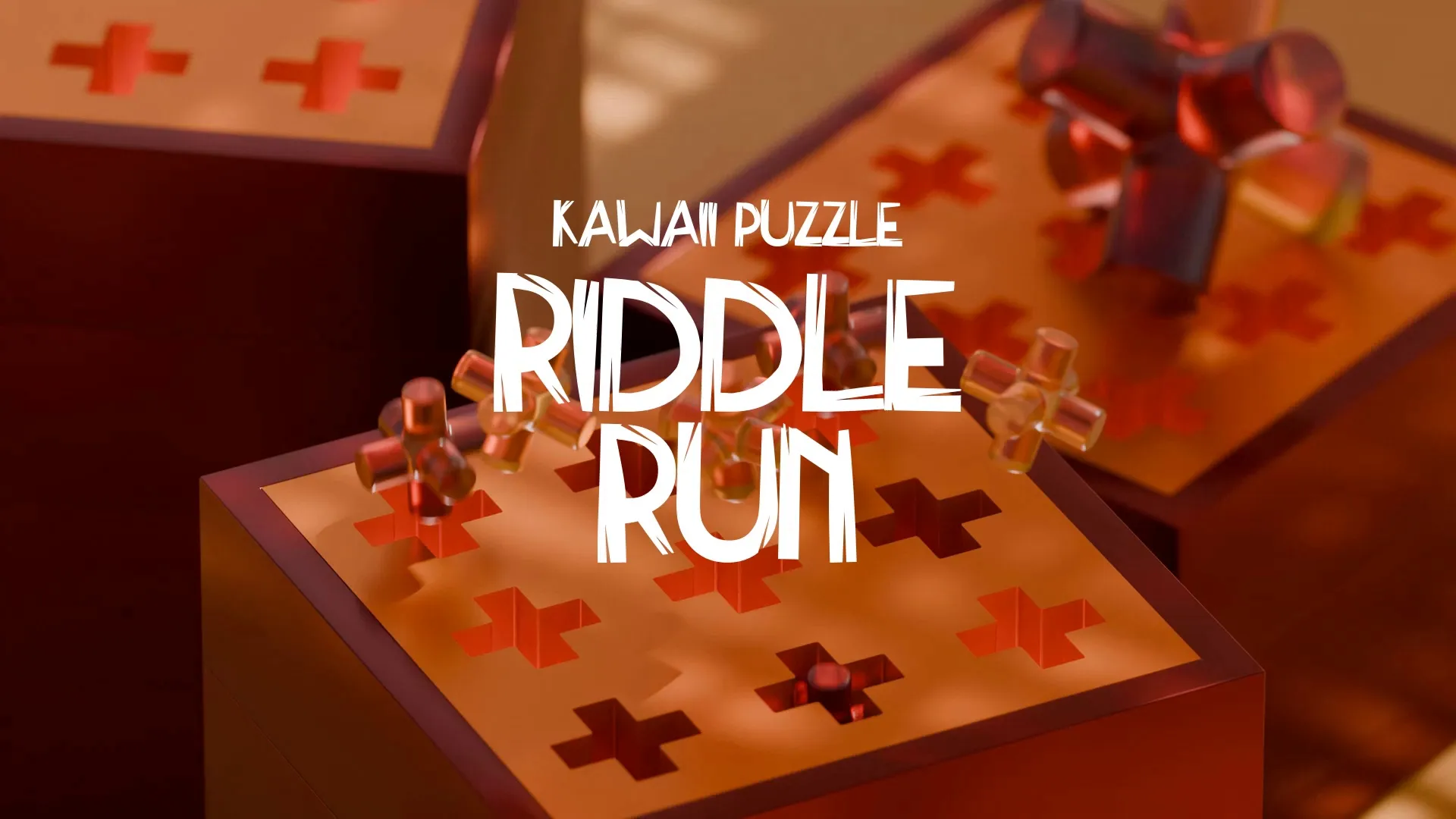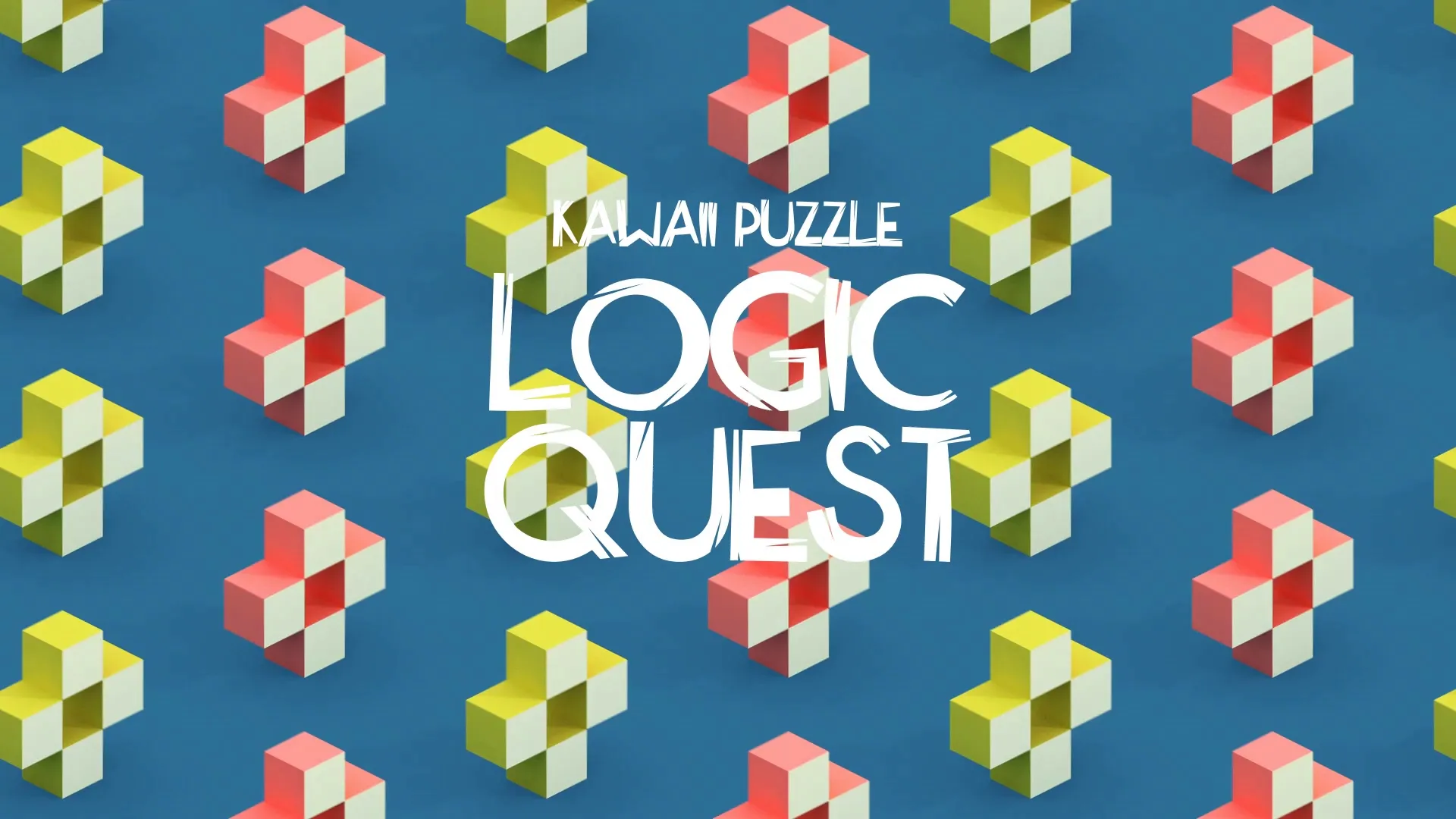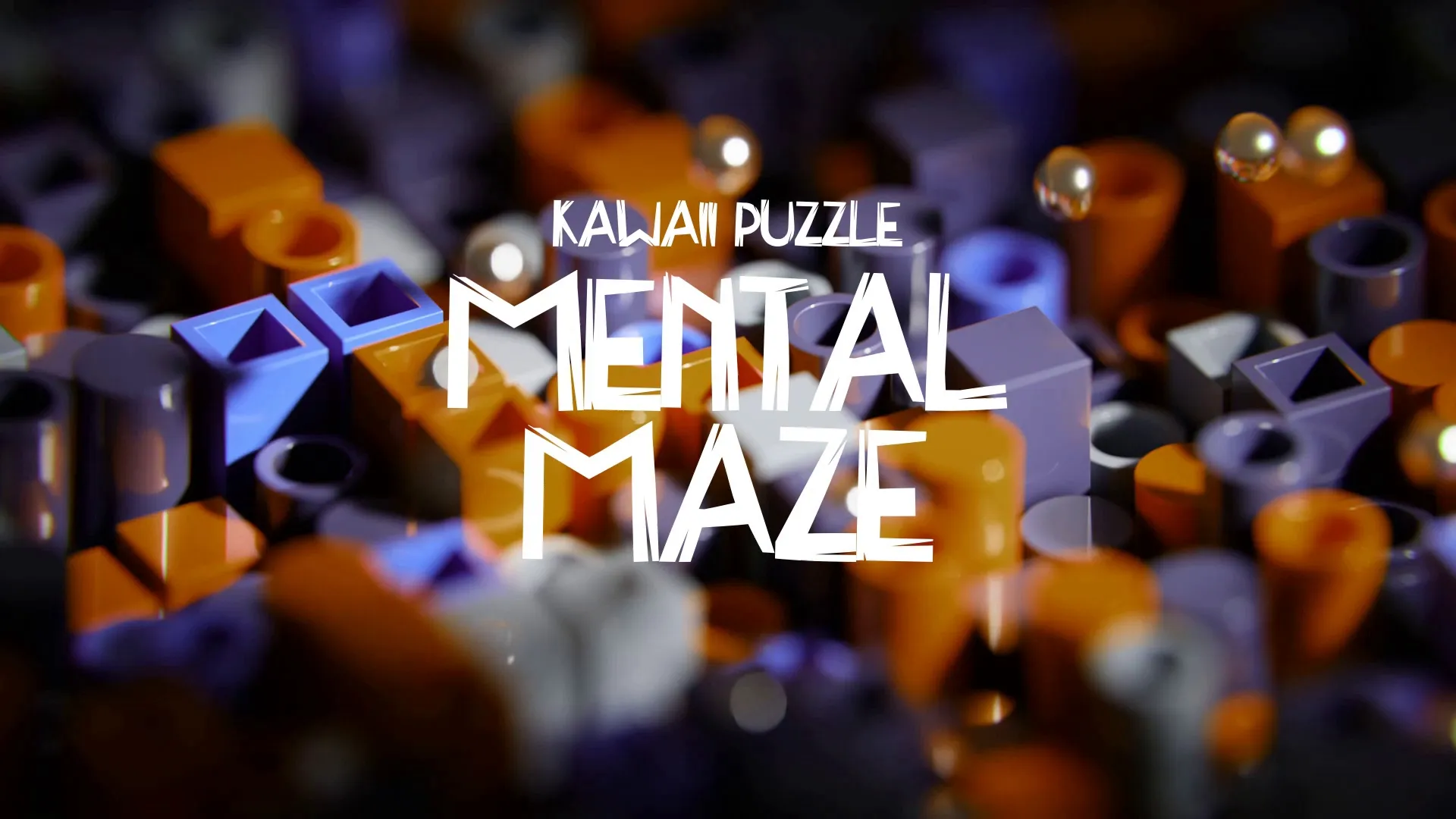Unique Game Ideas to Revenue: From Brainstorming to Monetization Strategy
Unique Game Ideas to Revenue: From Brainstorming to Monetization Strategy
Generating a truly unique game idea is the first critical step for indie developers. It sets the foundation for market differentiation and future monetization. A distinct concept can significantly reduce marketing friction later on.
Brainstorming Unique Game Ideas
Start by identifying overlooked niches or combining disparate genres. Think about mechanics that haven’t been fully explored or narratives that break traditional molds. Consider what personal experiences or passions you can infuse into a game concept.
Use structured brainstorming techniques to expand your initial thoughts. Mind mapping or rapid ideation sessions can unearth unexpected connections. Don’t censor ideas at this stage; quantity over quality is key.
Leverage tools designed for creative ideation to spark new concepts. Ignite can generate endless game ideas, providing a valuable springboard for your own unique vision.
Validating Your Game Idea
Before committing extensive resources, validate your game idea. This involves assessing its market potential and feasibility. A unique concept doesn’t automatically guarantee success.
Research existing games in similar genres or with comparable mechanics. Identify what works and, more importantly, what doesn’t. Understand player expectations and unmet needs.
Create a concise pitch or a simple prototype to gather early feedback. Share it with a small, trusted group of fellow developers or target players. Their unfiltered opinions are invaluable.
Analyze feedback objectively, looking for patterns rather than individual preferences. This helps confirm whether your unique idea resonates with its intended audience.
Refining Your Game Concept
Validation leads directly into refinement. Use the insights gained to sharpen your game’s core loop, mechanics, and narrative. Focus on the ‘fun’ factor and clear design pillars.
Define your game’s unique selling proposition (USP) early. This single sentence should clearly articulate what makes your game different and compelling. It will guide all subsequent development and marketing efforts.
Iterate on your concept, even before significant development begins. Small adjustments at this stage can prevent major overhauls later. This iterative process is crucial for game design.
Consider the scope of your project carefully. A highly unique but overly ambitious idea can lead to development hell for an indie team. Prioritize core features that define the uniqueness.
Integrating Monetization Strategy Early
Monetization is not an afterthought; it’s an integral part of your game’s design. Planning your monetization model from the start ensures it aligns with your game’s core experience. Retrofitting monetization often feels intrusive.
Create a free account, or log in.
Gain access to free articles, game development tools, and game assets.
.webp)











.webp)










